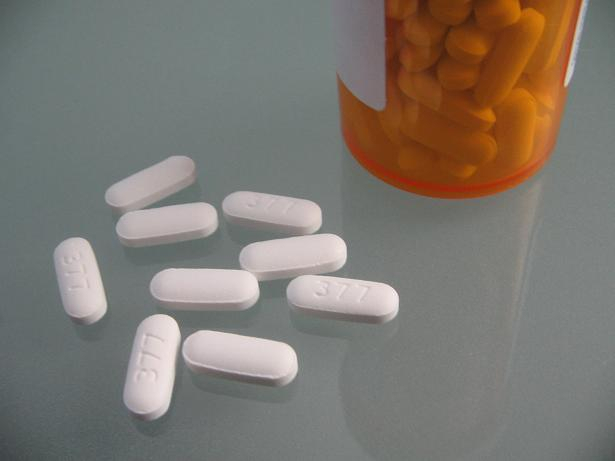Researchers have found that use of the pain medication tramadol was linked with a higher risk of hip fractures compared with the use of other pain medications. Tramadol is used to help relieve moderate to moderately severe pain. It is similar to opioid (narcotic) analgesics and works in the brain to change feeling and response of the body to pain.
In an analysis of a patient database from the UK, the study, published in the Journal of Bone and Mineral Research, aimed to examine the association of tramadol with the risk of hip fracture.
"Considering the significant impact of hip fracture on morbidity, mortality, and healthcare costs, our results point to the need to consider tramadol's associated risk of fracture in clinical practice and treatment guidelines," said study researcher Guanghua Lei from Central South University in China.
Professional organisations recommended tramadol as one of the first-line or second-line therapies

According to the researchers, several professional organisations have recommended tramadol as one of the first-line or second-line therapies for patients with chronic non-cancer pain and its prescription has been increasing rapidly worldwide; however, the safety profile of tramadol, such as the risk of fracture, remains unclear.
The analysis compared tramadol use with codeine, naproxen, ibuprofen, celecoxib, and etoricoxib use among adults aged 50 years or older. During one-year follow-up, 518 hip fractures occurred among 1,46,956 patients taking tramadol, corresponding to approximately one additional new hip fracture per 1,000 person-years relative to taking codeine (3.7 vs. 2.9, respectively).
Likewise, up to 1.5 additional new fractures per 1,000 person-years occurred with tramadol than with naproxen, ibuprofen, celecoxib, and etoricoxib, the researchers said.









